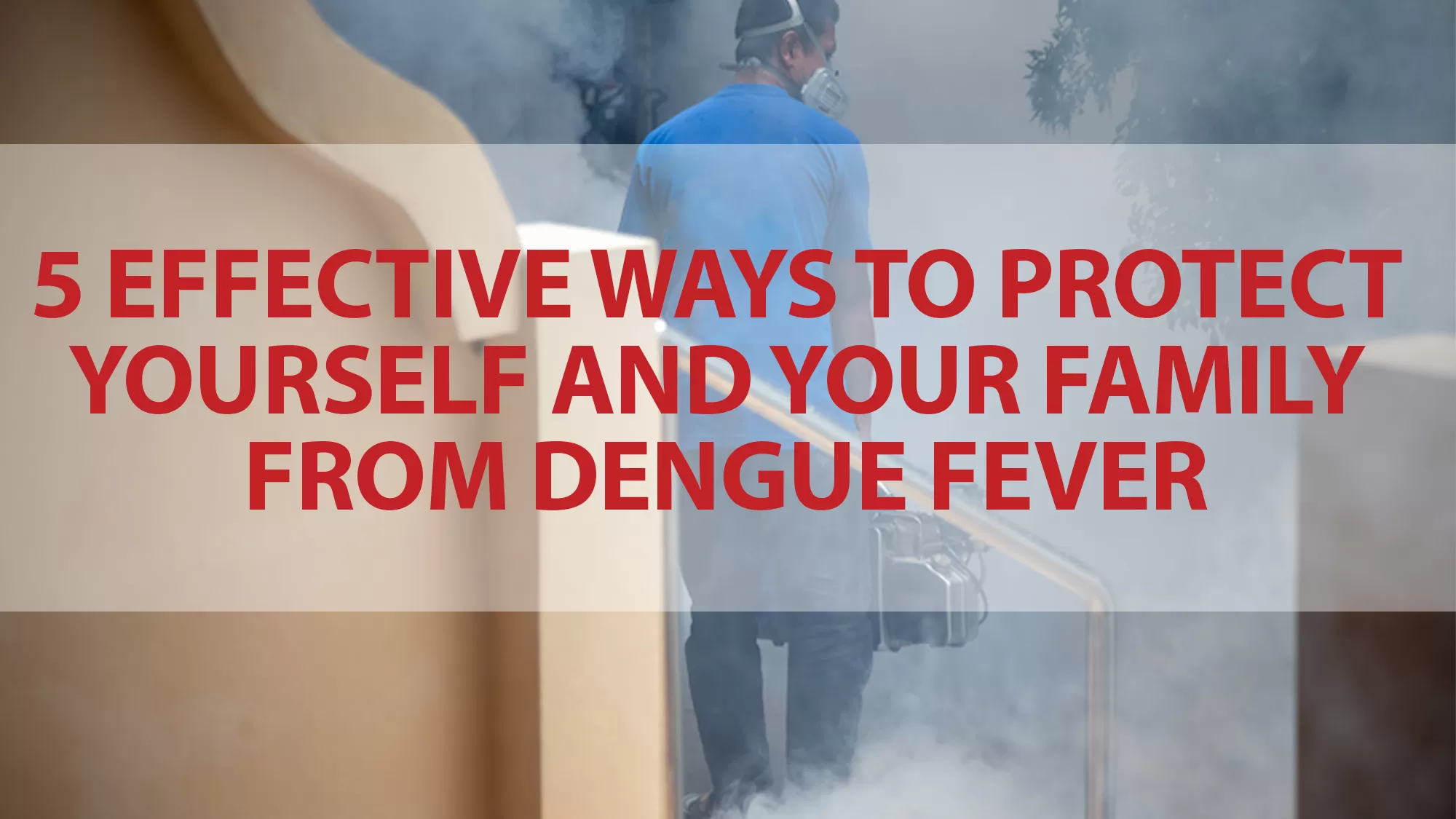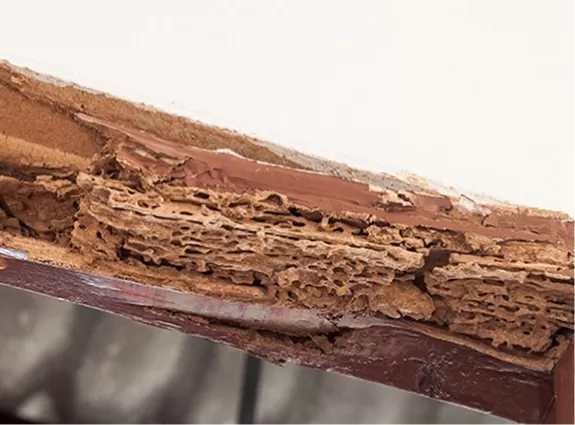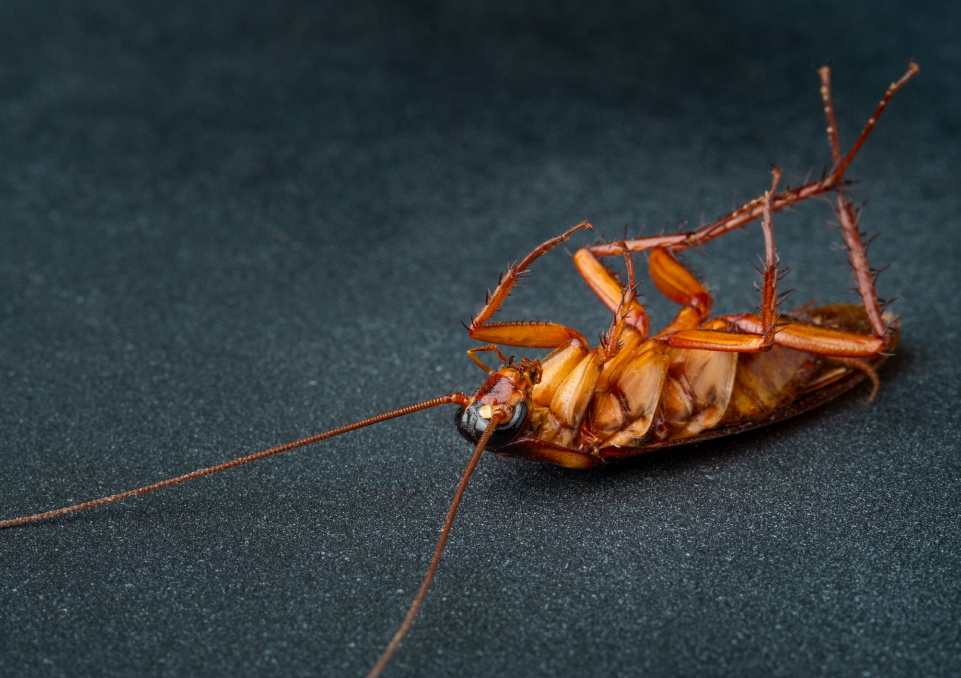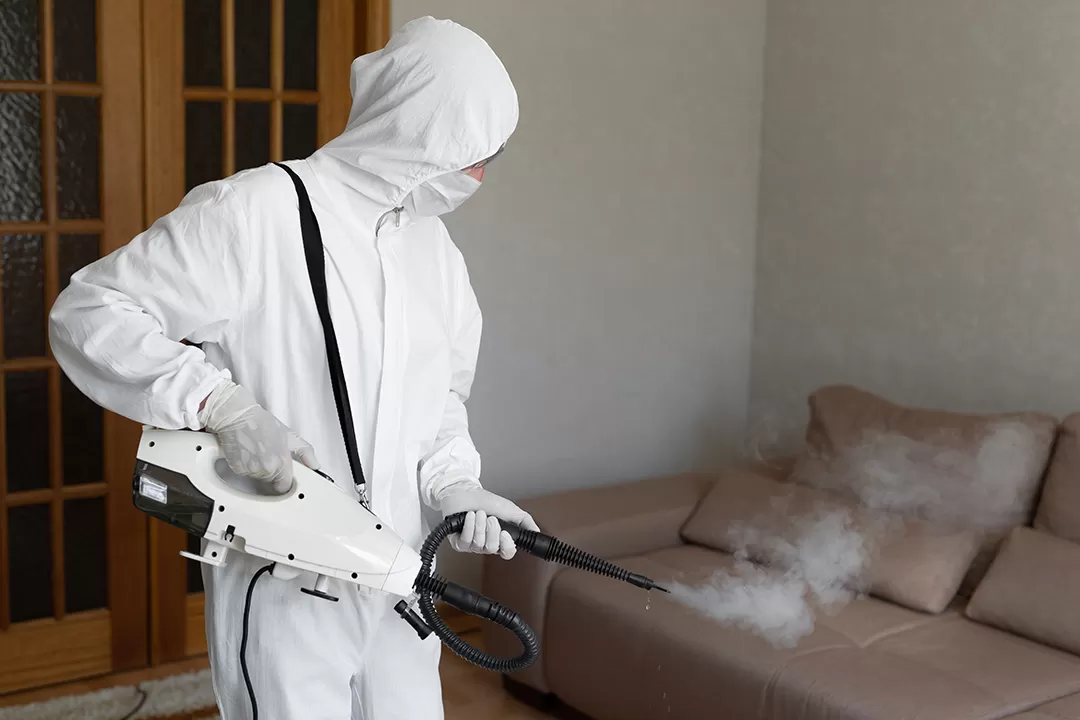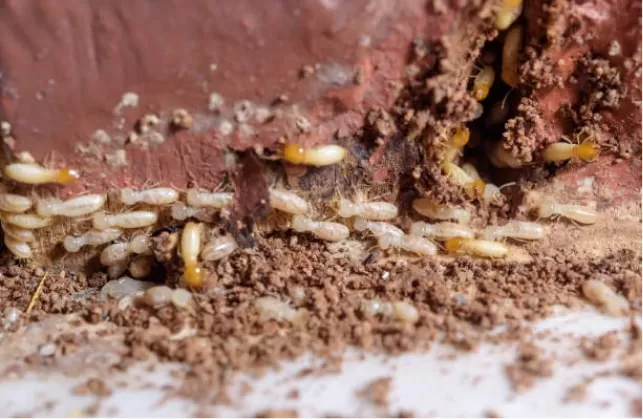Thousands of dengue cases are reported around the globe each day. Worried about getting infected? Well, you should be! Not only is dengue fever easily transmitted, but it also causes an array of unpleasant symptoms. Not to mention, severe cases of dengue can even lead to death.
To make matters worse, there is still no medicine that can directly kill the dengue virus. This is why the best way to navigate around this disease is to avoid getting it.
By making simple lifestyle and habit changes, you can protect yourself and your family from dengue fever, a life-threatening disease. In this article, you can learn how you can do just that.
Ways to Protect Yourself and Your Family From Dengue Fever
1. Make Sure Your Home is Not Breeding-friendly
Aedes mosquitoes (dengue carriers) find stagnant water to lay their eggs. The eggs take a little over a week to hatch and become fully-formed mosquitoes. Therefore, the most effective way to prevent getting dengue fever at home is to ensure there are no excellent breeding spots for mosquitoes in the house.
Use fine mesh or a cover to close all water collection points. Regularly clean anything that can quickly accumulate water. This includes any flower vases, plant pots, pet water bowls, plastic containers, drainage areas and gutters, and even any upturned bottle caps.
If there are water sources that cannot be removed or regularly cleaned, use recommended doses of consumer-grade Abate 1SG. This will help kill mosquito larvae even before they reach maturity.
2. Shut All Entry Ways for Mosquitoes
Once you can ensure that your home is not an ideal habitat and breeding spot for mosquitoes, preventing mosquitoes from entering the house is essential. Theoretically, you can attain this by keeping your windows and doors closed at all times. However, this is not a very practical idea. Having the windows and doors permanently closed prevents airflow and can feel suffocating.
You can get sufficient airflow and also prevent notorious dengue-causing mosquitoes from entering your property by simply investing in good insect screens. This way, your house will be sealed without having the airflow compromised.
Keep in mind that screening will not be effective if not all entry points are screened. This means you need to cover even air vents and gaps under the doors with insect screens. Also, remember to check the screens for any tears regularly. Finally, any incisions that are big enough for insects to squeeze through must be immediately fixed.
If not all the entry points in your home are sealed with screens, consider installing a mosquito net to give you that extra layer of protection. Keep your doors and windows closed as much as possible. Otherwise, invest in insect screens
3. Protect Yourself from Mosquito Bites
No matter how much you guard and protect your home, you cannot evade the risk of dengue if you are not careful when you are out and about. You may consider using electric mosquito repellants to protect your skin from mosquito bites when indoors, but that’s not enough. You need to protect yourself when you go outdoors as well.
If you reside in a dengue hotspot, apply insect-repellent sprays to protect any exposed skin when heading out. Be sure to check that the ingredients in the repellant are safe for your skin. Also, assess the components to ensure there are sufficient properties to ward mosquitoes off.
Additionally, you can wear clothes that cover the maximum surface area. Long pants and long sleeves are great outfit options. Choose neutral colours such as white, beige, and light grey. If you like being extra careful, you can wear a top with a collar and tuck your pants into your socks.
4. Do Not Go to Mosquito-prone Areas
Even though it seems like mosquitoes are everywhere, there are some places mosquitoes love more than others. For instance, mosquitoes always prefer tropical and humid climates. Aedes mosquitoes, especially, are commonly found in urban and semi-urban regions.
Mosquito infestations can occur anywhere, but there are some common mosquito breeding grounds you may want to avoid. For example, construction sites in built-up areas are a popular mosquito breeding ground. Furthermore, you can avoid going to obvious outdoor breeding grounds for mosquitoes, such as wetlands, ponds, marshes, and swamps where there is no shortage of stagnant water.
Try to keep yourself informed regarding dengue hotspots. Actively avoid these areas. If you have to go into these areas, take measures to protect yourself accordingly.
5. Be Careful
The top tip to protect oneself from dengue is to be careful. You must be extra vigilant if one of your family members contracts dengue. That’s because when carrier mosquitoes bite a dengue patient and then go on to bite others, they might spread the disease. This is why it is commonly seen that several family members living in a house are often affected at the same time.
Thoroughly clean all the areas in your house that have the potential to be breeding grounds. Spray insect repellants consistently. You can hire a private contractor to ‘fog’ your home and nearby areas with insecticide.
Note that if you notice your residential area is regularly fogged, you should be very alert because it usually suggests a rise in dengue cases in the area. Do not take dengue lightly if you have already been infected once. Remember, there are four serotypes of the dengue virus. Getting infected by one serotype will only provide immunity to that specific virus strain. So, you can definitely contract dengue again – multiple times! Plus, second-time dengue patients are more at risk of getting severe dengue and suffering its harsh consequences.
Final Takeaway
Despite being one of the most common diseases around the world, there is no direct cure for dengue. The best way to protect yourself and your family is to avoid getting dengue. Proactive protection is as easy as understanding how the disease is transmitted via mosquito bites and learning to avoid getting bitten by mosquitoes. So, engage professional pest control services often to ensure there is no mosquito breeding in your house.
Also, simple measures like wearing the right clothes, installing insect screens in the house, and applying mosquito repellents can help save your life. In addition, try to discard or regularly replace any stagnant water in containers around the house. By following the five ways stated above, you can guard yourself and your loved ones from dengue fever.

